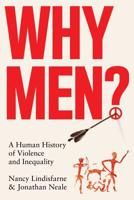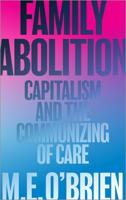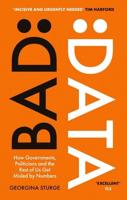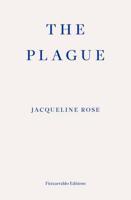Publisher's Synopsis
"...the book is excellent and should do really well. It is well written and comprehensive, and it meets the needs of sociologists." John Scott, University of Essex
* What have been the major innovations in contemporary social and political thought in the twentieth century?
* How have these ideas challenged the canon?
* What are the implications of these new ideas for our understanding of the key theoretical concepts?
This new and accessible introduction to contemporary social and political theory examines the impact of new ideas such as feminist theory, poststructuralism, hermeneutics and critical theory. The innovations brought by these currents to the intellectual traditions of Europe and America are outlined and assessed. Designed for the newcomer to theory, no previous knowledge is assumed and a student-friendly approach is adopted throughout.
Rather than focus on individual thinkers, the authors take a 'conceptual' approach by examining contemporary theories through themes such as 'critique', 'rationality', 'power', 'the subject', 'the body' and 'culture'. Each chapter considers the evolution of a concept and examines the major debates and transformations that have taken place in that area. The needs of the undergraduate are kept in mind at all times and, in addition to an extensive bibliography, the book contains a useful glossary of key terms and concepts.










